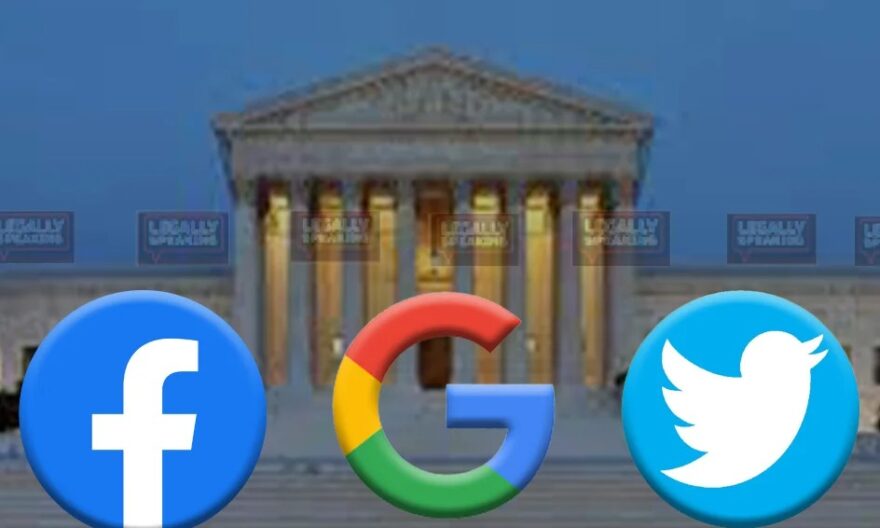
The Supreme Court has recently sided with Google, Twitter, and Facebook in lawsuits seeking to hold them liable for the terrorist attacks.
However, the justices sidestepped big issues hovering over the cases, the federal law shields social media companies that were being sued over content posted by others.
The justices consistently rejected a lawsuit claiming that the companies allowed their platforms to be used to aid and abet an attack at a Turkish nightclub that killed 39 people in 2017.
In the case of an American college student who got killed in an Islamic State terrorist attack in Paris in 2015, a unanimous court returned the case to a lower court.
Instead, the court stated that it wasn’t necessary to reach that issue because there is little tying Google to take responsibility for the Paris attack.
The court wrote in an unsigned opinion, “We, therefore, decline to address the application of Section 230 to a complaint that appears to state little, if any, plausible claim for relief.”
At least for now, a victory for the tech industry got predicted havoc on the internet if Google lost. But the high court remains free to take up the issue in the case later.
In both attacks, the families of victims asserted that the internet giants didn’t do enough to prevent their platforms from being used by extremist groups to radicalize and recruit people.
Therefore, they sued under a federal law that allows Americans injured by a terrorist attack abroad to seek money damages in the federal court.
But writing for the court, Justice Clarence Thomas stated the family’s “claims fall far short of plausibly alleging that defendants aided and abetted the Reina attack.”
In the Paris attack, the family of a college student raised similar claims against Google over her killing at a Paris bistro. One of several attacks on a June night in the French capital that left 130 people dead.
The U.S. Court of Appeals for the 9th Circuit ruled that the internet immunity law barred most of the claims.
In October, the Supreme Court’s decision to review that ruling set off an alarm at Google and other technology companies. Kent Walker (Google’s top lawyer) stated, “If we undo Section 230, that would break a lot of the internet tools.”




